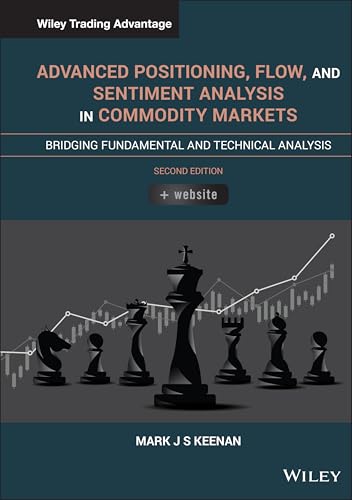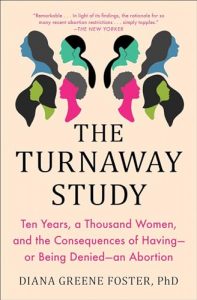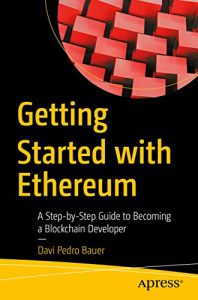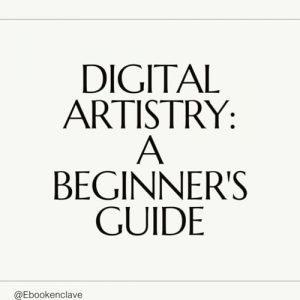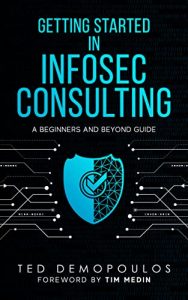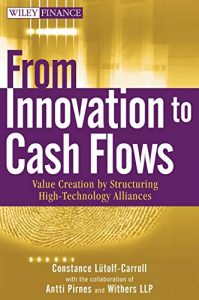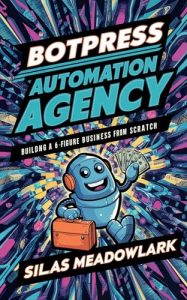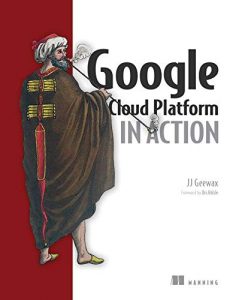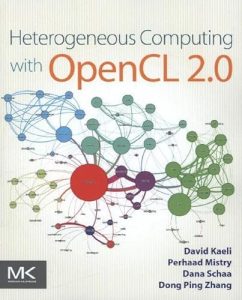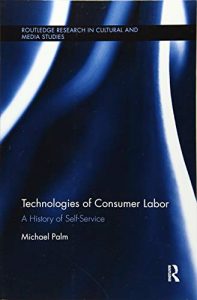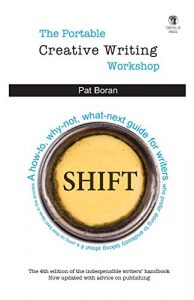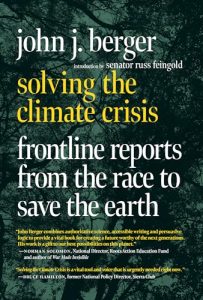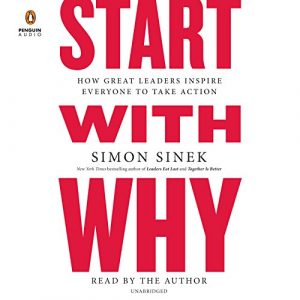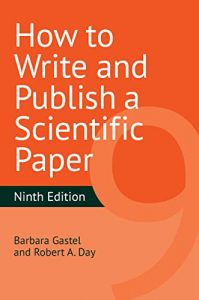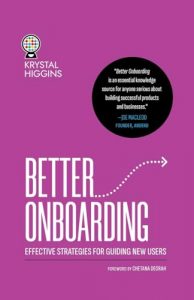1. Advanced Positioning, Flow, and Sentiment Analysis in Commodity Markets
Written by Mark J. S. Keenan, this book is an essential read for traders and investors looking to bridge the gap between fundamental and technical analysis. The innovative approach it uses to examine market flows and sentiment makes it a must-read for anyone involved in commodity trading. The complex strategies elucidated here provide readers with crucial insights into market mechanics and investor behavior, empowering them to make informed decisions. By mastering the techniques outlined in this book, prospective traders will not only enhance their skills but also gain a competitive edge in the marketplace.

2. Naked Consumer: How Our Private Lives Become Public Commodities
Erik Larson’s “Naked Consumer” is a compelling exploration of how our private lives are transformed into public commodities in today’s market-driven society. This thought-provoking book brilliantly reveals the intricate relationship between consumer behavior and the commercial exploitation of privacy. Larson’s engaging writing encourages readers to reflect on how their personal data is used, creating tangible implications in a world where privacy is continually eroding. By understanding the establishment’s strategies for commodifying consumer privacy, every reader can become a better informed and responsible participant in the digital economy.

3. 101 Things Everyone Should Know About Economics
Peter Sander’s enlightening book simplifies complex economic concepts, making them accessible to the average reader. Covering fundamental topics from securities to interest rates, this book serves as an essential guide for anyone seeking to improve their financial literacy. Sander’s straightforward approach equips readers with practical knowledge and the ability to apply it in real-world situations, whether investing, managing personal finances, or simply understanding market dynamics. This book is a vital resource for students, new investors, and anyone curious about how money, markets, and economies operate.

4. Stop. Think. Invest.
In “Stop. Think. Invest.,” Michael Bailey introduces a cutting-edge behavioral finance approach to optimizing investment portfolios. This book emphasizes the importance of psychological factors in investment decisions and illustrates how understanding these can significantly enhance portfolio performance. Bailey’s practical guidance imparts tools for both novice and seasoned investors to refine their strategies, reduce risks, and ultimately achieve financial success. It is an empowering guide that encourages reflection and intentionality in the often hasty world of financial markets.

5. The Market Mind Hypothesis
Patrick Schotanus’s “The Market Mind Hypothesis” delves into the cognitive underpinnings of market actions, blending insights from psychology and economics to offer a fresh perspective on market behavior. This book argues for a more profound understanding of market dynamics by integrating cognitive economics into trading strategies. Schotanus’s interdisciplinary approach is particularly valuable for investors looking to navigate the complexities of market psychology, making it a critical read for those who desire to enhance their market strategies and emotional resilience.

6. Emotions as Commodities
Eva Illouz’s “Emotions as Commodities” explores the intersection of capitalism, consumption, and the authenticity of our emotions in a market-driven world. This insightful analysis discusses how emotions have become commodified and the implications of this shift on personal and communal identity. Illouz’s rich narrative draws on cultural perspectives to illustrate the evolving nature of emotional consumption and offers a powerful critique of modern capitalism’s impact on individual experiences. It is a necessary read for those interested in the sociology of emotions and the economic structures that shape our lives.

7. Market Interrelationships and Applied Demand Analysis
In this authoritative text, Michael K. Wohlgenant bridges the gap between economic theory and empirical research within the context of commodity markets. His investigations into demand analysis offer invaluable insights that enhance understanding of market interrelationships, making this book an indispensable resource for economists and policymakers alike. Wohlgenant’s meticulously researched narrative provides readers with the analytical tools necessary to interpret market dynamics effectively. This book is essential for academics and practitioners interested in the intricacies of commodity economics.

8. Gifts and Commodities
Co-authored by C. A. Gregory and Marilyn Strathern, “Gifts and Commodities” challenges traditional views of economic goods. This seminal work analyses the balance between gifting practices and commodity exchange, exploring cultural perspectives that bridge economic theory with anthropological insights. By dissecting the nuances of how value is assigned to both gifts and commodities, this book fosters a deeper comprehension of social relationships and economic interactions. It’s a crucial read for those seeking to understand the socio-cultural fabric of economic practices.

9. The Social Life of Things
Arjun Appadurai’s “The Social Life of Things” offers a radical perspective on commodities by examining their social meanings and cultural implications. This insightful exploration challenges readers to rethink how objects circulate and are imbued with value in different contexts. Appadurai’s work is highly influential in the field of anthropology, demonstrating how phenomena like globalization and socio-economic disparities influence perceptions of commodities. This is a foundational text for anyone interested in cultural studies and the philosophy of economics.

10. Revealing the Invisible
In a digital age where behavior often translates to currency, Thomas Koulopoulos and George Achillias unveil the hidden behaviors that shape our world in “Revealing the Invisible.” This groundbreaking book explores the value derived from our actions and indicates how understanding this can redefine personal and organizational success. The authors engage readers in a conversation about the future of data and behavior as a commodity, presenting an essential guide for innovators and business leaders in today’s information-rich environment. It’s a powerful call to charter a new trajectory in value creation.


